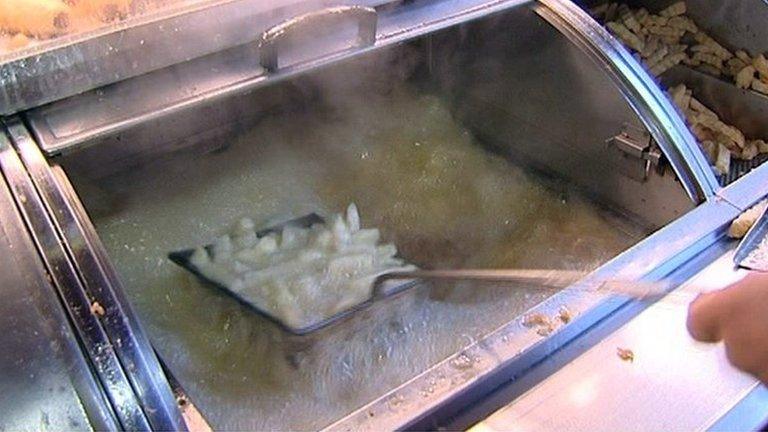Biofuels plant in Hull to reopen for E10 petrol production
- Published
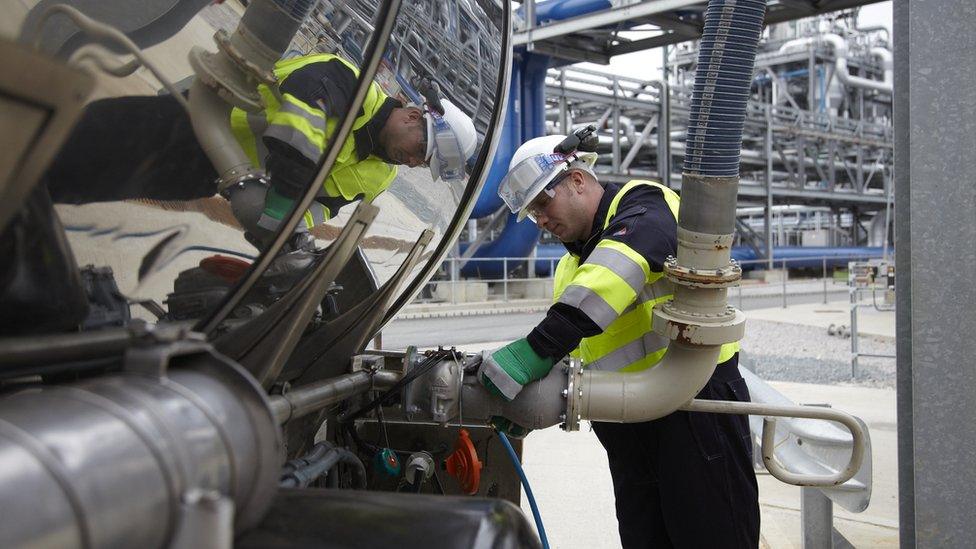
Vivergo Fuels said the plant in Hull would be be recruiting 85 workers and hopes to restart production in 2022
A biofuels refinery has announced it is to reopen following a change in the law to allow greener petrol.
Vivergo Fuels shut down its £350m bioethanol plant in Hull in 2018 with the loss of 130 jobs.
It is recruiting workers again after the government announced E10 petrol will be introduced in September.
The firm blamed the delay in approving the fuel, which blends petrol with 10% bioethanol made from plants, for its previous closure.
Introducing E10 could cut transport CO2 emissions by 750,000 tonnes a year, the equivalent of taking 350,000 cars off the road, according to the Department for Transport.
It added that the move would "boost the government's ambitions to reach net zero by 2050".
'Good news'
Dr Mark Carr, chief executive of AB Sugar, which owns Vivergo Fuels, said the company would be recruiting about 85 workers immediately and hoped to start producing bioethanol again in 2022.
"This is good news for a sustainable British biofuels industry, the economy within the Humber region, and the environment and consumers," he said.
"I look forward to our continued investment and ambition for the UK bioethanol industry".
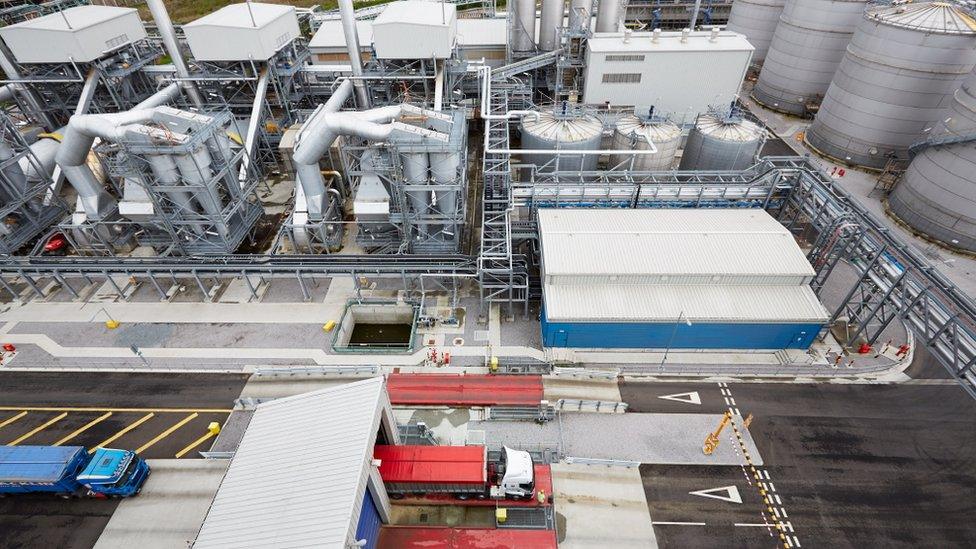
The plant in Saltend cost £350m and originally opened in 2012
The plant, located near the banks of the Humber estuary in Saltend, originally opened in 2012.
It was the largest producer of bioethanol in the UK and used over one million tonnes of wheat a year bought from farms in Yorkshire and North Lincolnshire, which the company said supported about 3,000 jobs.
It also supplied animal feed, which is a by-product of making bioethanol.
The company said 35 staff were retained to maintain the site when it stopped production two years ago.

Follow BBC East Yorkshire and Lincolnshire on Facebook, external, Twitter, external, and Instagram, external. Send your story ideas to yorkslincs.news@bbc.co.uk, external.
Related topics
- Published4 March 2020
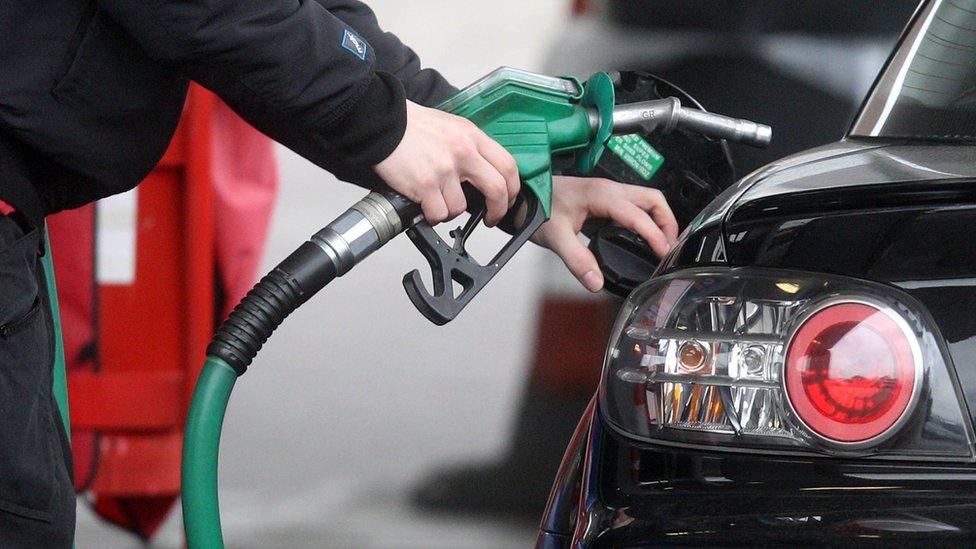
- Published17 July 2019
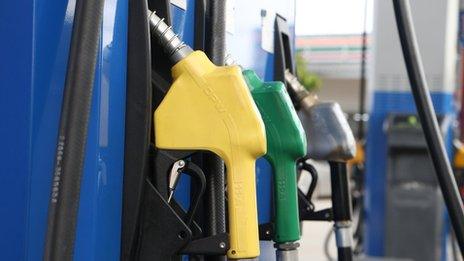
- Published7 September 2018
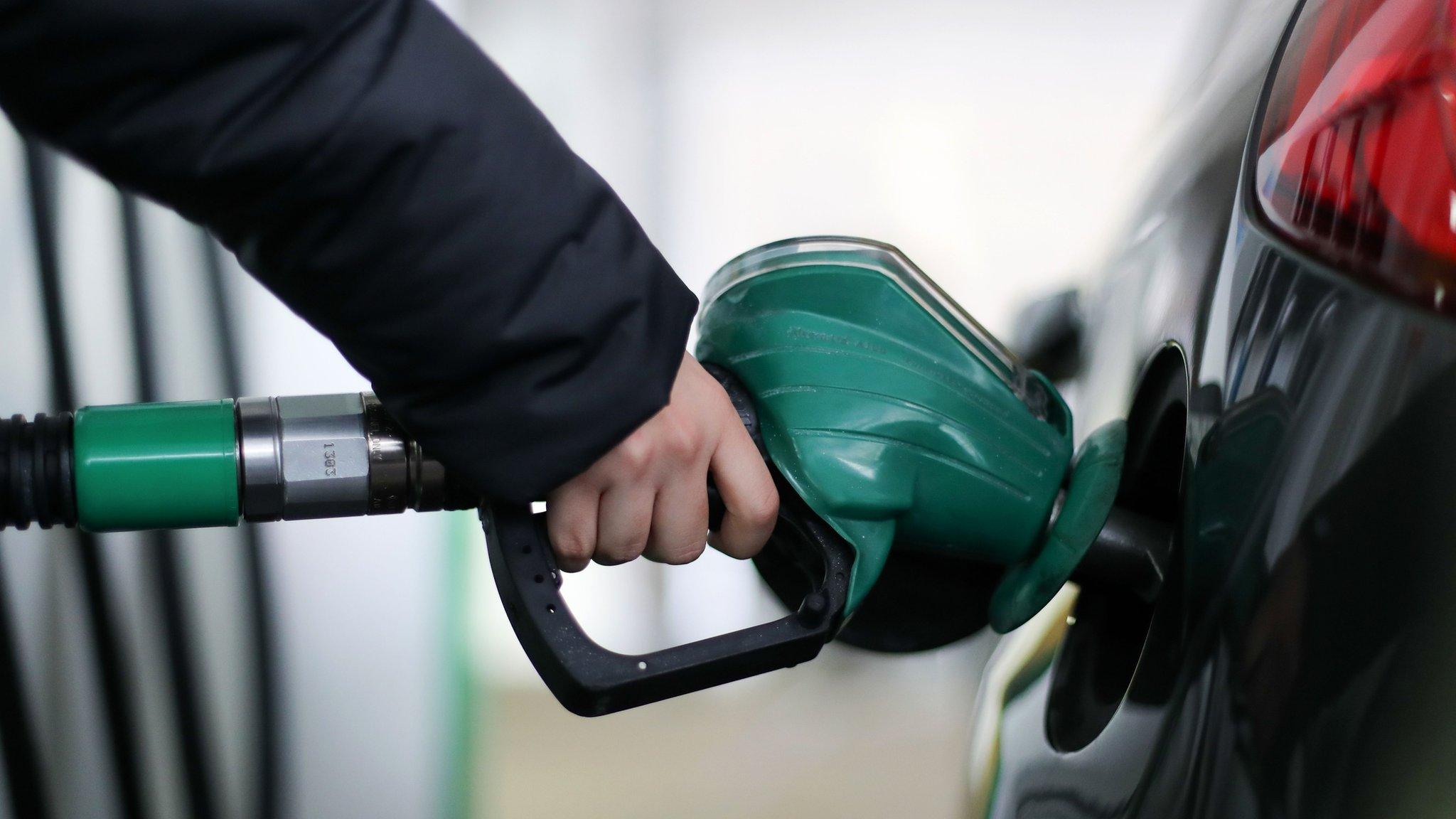
- Published5 December 2017

- Published14 July 2017
